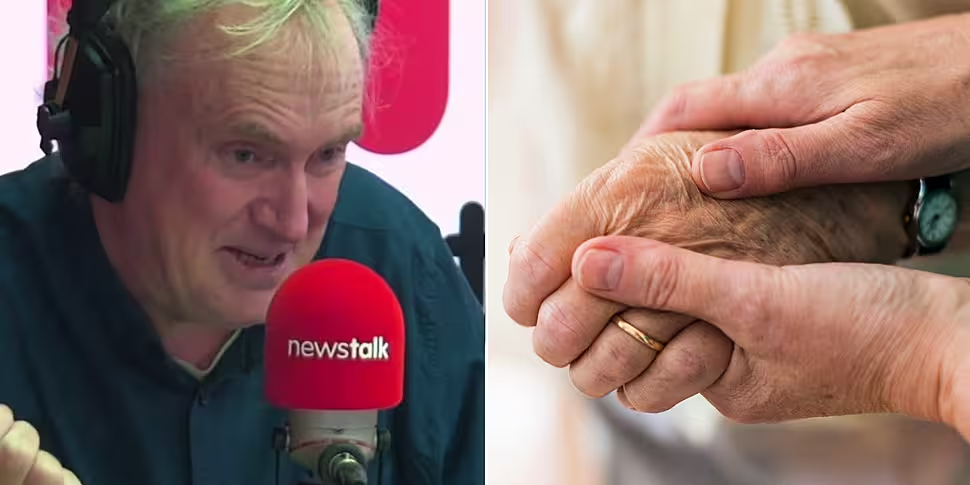Immunologist Luke O'Neill says that there has been a major breakthrough in biological science that could potentially reverse the aging process.
Research conducted by Harvard University took old mice and found a way to half their ages.
The Trinity College Dublin professor told The Pat Kenny Show that the new breakthrough is something he's "never seen the like of".
"That isn't in humans yet, let's make that clear", Prof O'Neill said.
"If you're 40, a gene therapy reverts you back to being 20 - your muscles, your eyes, you skin."
Not only reversed the aging of mice, but they've begun working on human cells.
"The excitement is it might work in humans too", he said.
Why do we age?
Epigenetics is the study of how your behaviors and environment can cause changes that affect the way your genes work.
Unlike genetic changes, epigenetic changes are reversible and do not change your DNA sequence, but they can change how your body reads a DNA sequence.
Prof O'Neill says it is still unclear to scientists why we age at all.
"One idea was the DNA is mutating, which means the code is changing", he said.
"As you get older, because of wear and tear and maybe environmental effects and so on ... the DNA now has chemical marks on it and they build up as you age."
The new study proves that these chemical marks can be "scrubbed off" the DNA.
Looking younger
Harvard's Professor David Sinclair says he made the mice 57% younger.
"Their skin became like a young mouse's skin and their muscles were stronger", Prof O'Neill explained.
"And by the way, he can ramp it up. He could do it both ways."
"If you increase the staining, the mice got older faster and they became frailer."
"Their vision began to go, their fur turned grey."
Ethics
The possibility of testing these findings on actual humans raises questions around ethics and health.
"Sinclair himself has said that when he sees an older person now, he doesn't think that person's old, they just need to be rebooted", Prof O'Neill explained.
"Would you be immortal? It seems unlikely."
"If this pans out, maybe on your 50th birthday you get the [new technology] as a present."
Prof O'Neill says that there is still much work to be done on the "nuances" of how this could affect human aging.
Listen back to the full conversation here.









